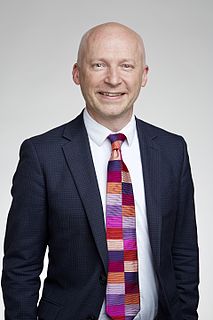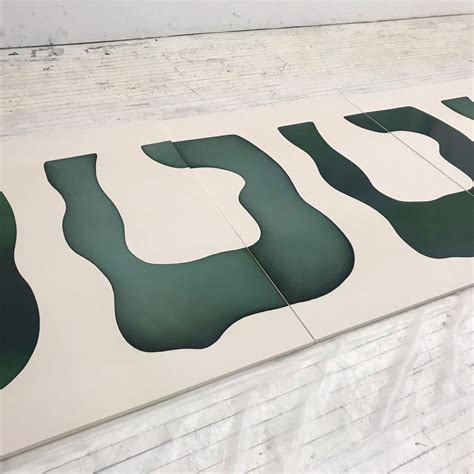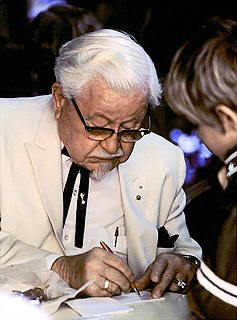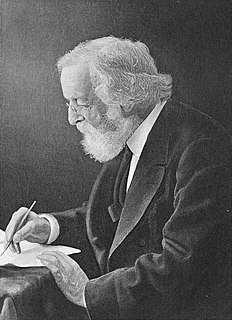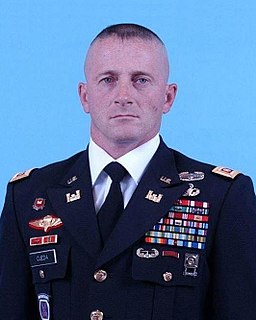A Quote by Marcus du Sautoy
The best mobile phone had the best mathematician. They know how to fit a huge amount of data into a small amount of space. How to do things efficiently, how to do them cleverly.
Related Quotes
Every day, I absorb countless data bits through emails, phone calls, and articles; process the data; and transmit back new bits through more emails, phone calls, and articles. I don't really know where I fit into the great scheme of things and how my bits of data connect with the bits produced by billions of other humans and computers.
On one level, I'm interested in how the space dictates the effect visually - how the composition of a given work changes depending on the nature of each wall. But I'm also trying to emphasize less tangible elements: the amount of time it takes to walk the gallery's perimeter; how one's physical distance affects his or her sense of the overall composition; how the size of the space creates a sense of visual rhythm. It's really a matter of seeing how much structure is necessary to impose for those things to become apparent.
When thinking about how to deploy kind of professional and social networking into your business, it's really not a question of if, it's a question of when. And the reason is, just think about the fact that those businesses that adopt new technologies to operate efficiently and use them to get a competitive edge are the businesses that in fact, you know, it becomes one more competitive advantage. Whether it's a fax machine or a mobile phone or a new way of doing financing or any of these things, you know, these are key things to do.
I'm excited about mobile; clearly that's important. Mobile devices are kind of at the opposite end of PCs, in that PCs are pretty open and you can do a fair amount with them, but many mobile devices aren't. We're excited at the idea that we can make the same kind of contribution in the mobile space. So that's one thing coming down the pike.
The one I spend the most amount of time in is a Ford Galaxy, which my tour manager drives me around in and which I drive at the weekends. What I love about the Galaxy is the amount of space I get. I can get so much done in the back of it while we're on the road, it's like my mobile office! I've also got a Ford B-Max, which I'm a total evangelist about. It's got rear doors that slide. Now, I can't park, so those are the best things ever. You can park right up against a tree and still get out!
